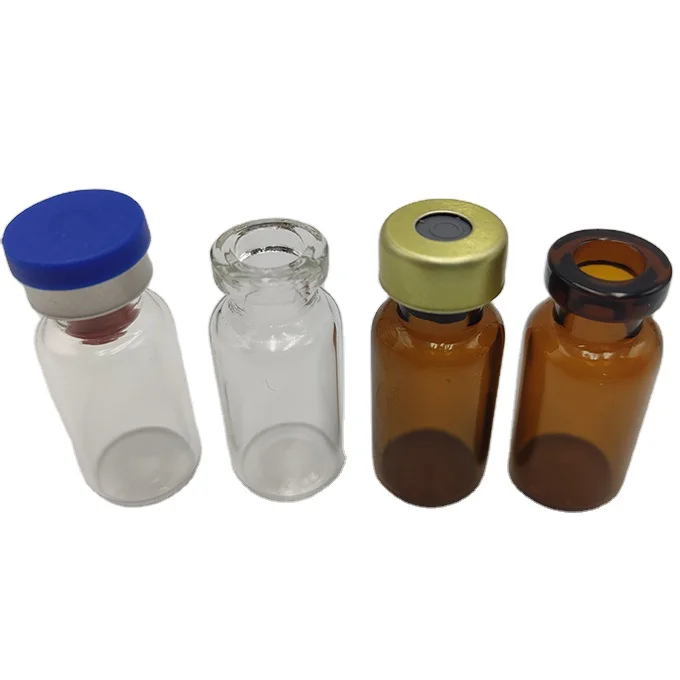That You Should Know How To Use Glass Vials For Medicines
The selection of the glass vial for storing medicine is important. ConclusionGlass vials are basically divided into two kinds of glass in the pharmaceutical industry, namely Type I and type II. As such, each has specific properties that make them good options for different drugs.
Type I Glass Vials
Type I glass vials are made of a more resilient borosilicate material. This kind of glass is widely appreciated in the industry due to its great chemical influences and quick temperature changes. Good for chemically stable medications with a complex formulation. Due to their strong chemical resistance and stability, type I glass vials are often used for packaging injectable drugs, biologics or vaccines.
Type II Glass Vials
Type II glass vials, on the other hand are manufactured using soda-lime-silica glass. Type II glass vials offer more hydrolytic resistance alternative to the Type I, but are still less chemically resistive. This was important to prevent the medicine from interacting with the container. Medications that need to be syringe filled, ie they are more prone to being impacted/cracked should packaged in Type II glass vials. Their use is highly advantageous in the case of oral solid dose drugs, liquids as well as solutions.
Choosing the Right Glass Vial
That is a crucial decision for pharmaceutical manufacturers as they decide what type of glass vial to use. You must take into account the nature of a drug (e.g. whether it has chemical properties or requires specific temperature), long-term stability and resistance to mechanical damage container High-value, but sensitive medications (Type I glass) Type II glass vials, on the other hand, are more applicable to medicines requiring a good level of hydrolytic resistance with low metal ions and leaching content.
Protecting Medicines - Protecting Patients
The selection of Type I and Ty2G vials is crucial for the safety efficacy side of your medications. Knowing the difference between these types of glass vials can help pharmaceutical companies in making an informed choice regarding their packaging necessities. When they choose the right glass vial for their specific drug, complying with regulatory expectations and guaranteeing stability conditions; medicine makers can preserve what makes fragrance as well, it's that capacity to uphold reliability in terms of potency/pureness/safety.

